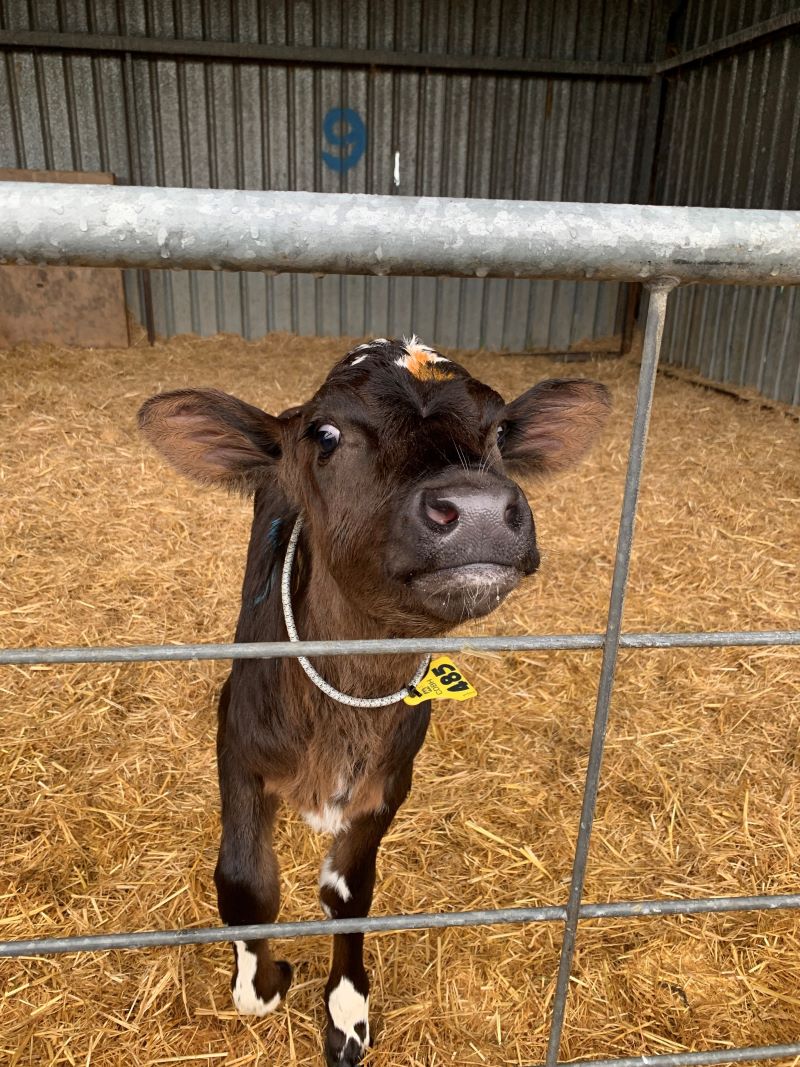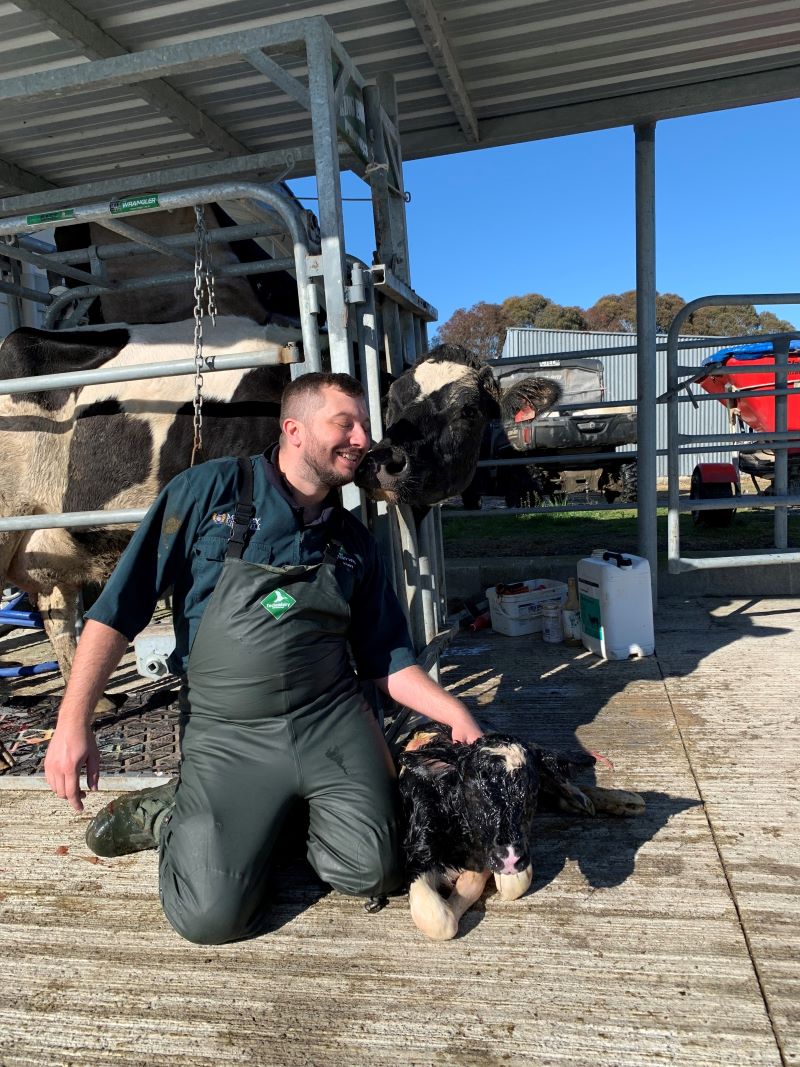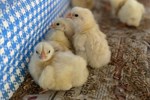New study reveals need for greater One Health understanding in antimicrobial resistance management
A new study from researchers at the Royal Veterinary College (RVC); Massey University; and AgResearch, a leading agricultural research institution in Aotearoa New Zealand, has found a need for greater engagement and collaboration between veterinarians, farmers and regulators to improve understanding and management of antimicrobial resistance and One Health amongst Aotearoa New Zealand dairy farmers.

One Health is an approach that recognises the close connections between human, animal and environmental health which has many applications to the management of antimicrobial resistance (AMR) – the process through which bacteria, viruses, fungi and parasites evolve to no longer respond to medicines, making infections harder to treat and control.
Undertaking this research through a survey, the researchers piloted a 55-question semi-structured questionnaire to measure Aotearoa New Zealand dairy farmers’ understanding of One Health, AMR and the Restricted Veterinary Medicine Process (RVMP). This survey was conducted via in-person interviews across fifteen dairy farms in the Lower North Island. From these interviews, the results found that none of the farmers could define the term One Health.
Whilst Aotearoa New Zealand has a relatively low rate of AMR, there are rising rates of AMR in humans. Due to the close links between human, animal and environmental health, defined as the One Health triad and the prioritisation of biosecurity within Aoteara New Zealand given its geographic isolation, this study is an important step in highlighting key areas of improvement needed to aid dairy farmers in understanding the crucial role they play in the global mission to manage antimicrobial resistance. It also lays the groundwork for future research to support the country’s proactive mitigation efforts to prevent the increasing risk of AMR.
Additionally, the survey highlighted the need for veterinarians to do more to keep clients informed of their important role and impact within the One Health triad, particularly with regards to environmental aspects.

The survey’s conclusions go on to highlight simple practices vets and regulators can encourage farmers to undertake such as returning unused drugs for correct disposal, as well as steps to further educate farmers on One Health, AMR and RVMP to improve engagement and secure greater buy-in with the existing processes. While the study does call for closer collaboration between vets, farmers and industry representatives on One Health approaches, although it does note that Aotearoa New Zealand’s AMR action plan has already provided an established and realistic pathway.
Kurt Arden, principal interviewer and Senior Lecturer in Veterinary Public Health at the Royal Veterinary College, said:
“This project was undertaken to begin to understand how farmers view themselves within the One Health triad, an important and globally significant transdisciplinary movement, which when successfully implemented can help combat the globally significant threat of antimicrobial resistance. However, our pilot results show that farmers feel disconnected and do not feel included within the decision making regarding antimicrobial usage. Our results have hopefully laid some of the groundwork needed to help dairy farmers feel more included within the regulatory discussions which directly impact their livelihoods.”
Dr. Kristina Mueller, Senior Author on the project and Associate Professor in Dairy Cattle Health and Production at Massey University, said:
“Our survey showed the need for more effective communication and engagement between veterinarians, farmers and regulators to achieve One Health goals.”
Notes to Editors
Reference
Arden, K., Rosanowski, S.M., Laven, R.A. & Mueller K.R., Dairy farmer, engagement and understanding of One Health and antimicrobial resistance - a pilot survey from the lower north island of Aotearoa New Zealand. One Health Outlook 6, 14 (2024).
https://doi.org/10.1186/s42522-024-00107-7
For media enquiries, please contact:
- Jasmin De Vivo at jasmin.devivo@plmr.co.uk or rvc@plmr.co.uk
- Press Line: 0800 368 9520
About the RVC
- The Royal Veterinary College (RVC) is the UK's largest and longest established independent veterinary school and is a Member Institution of the University of London.
- It is one of the few veterinary schools in the world that hold accreditations from the RCVS in the UK (with reciprocal recognition from the AVBC for Australasia, the VCI for Ireland and the SAVC for South Africa), the EAEVE in the EU, and the AVMA in the USA and Canada.
- The RVC is ranked as the top veterinary school in the world in the QS World University Rankings by subject, 2024.
- The RVC offers undergraduate and postgraduate programmes in veterinary medicine, veterinary nursing and biological sciences.
- The RVC is a research-led institution, with 88% of its research rated as internationally excellent or world class in the Research Excellence Framework 2021.
- The RVC provides animal owners and the veterinary profession with access to expert veterinary care and advice through its teaching hospitals and first opinion practices in London and Hertfordshire.
You may also be interested in:
-
New research from the RVC on India’s antibiotic regulation identifies framework for policy development in livestock
The Royal Veterinary College (RVC) has led novel research on India’s 2019 ban on the use of …

